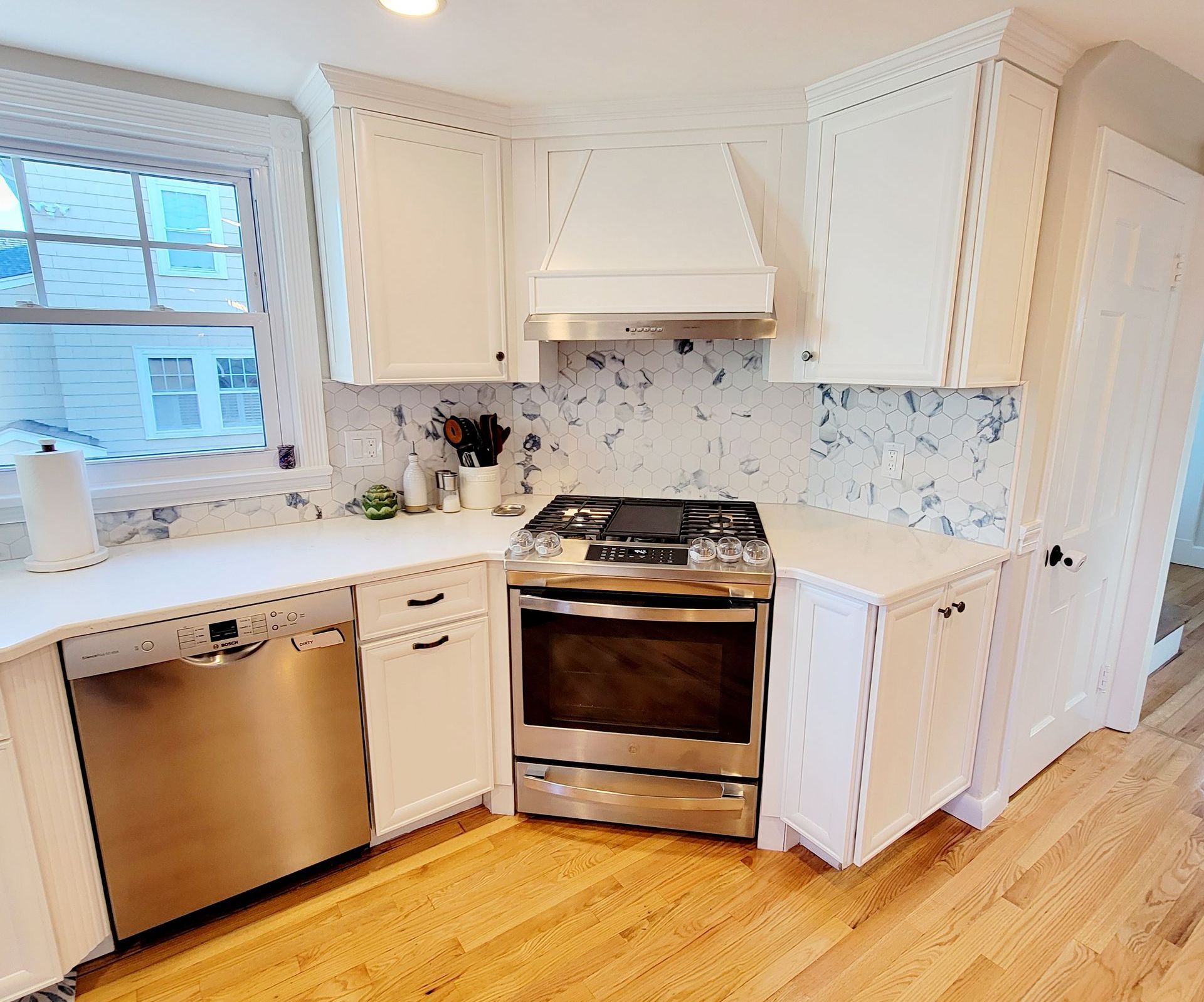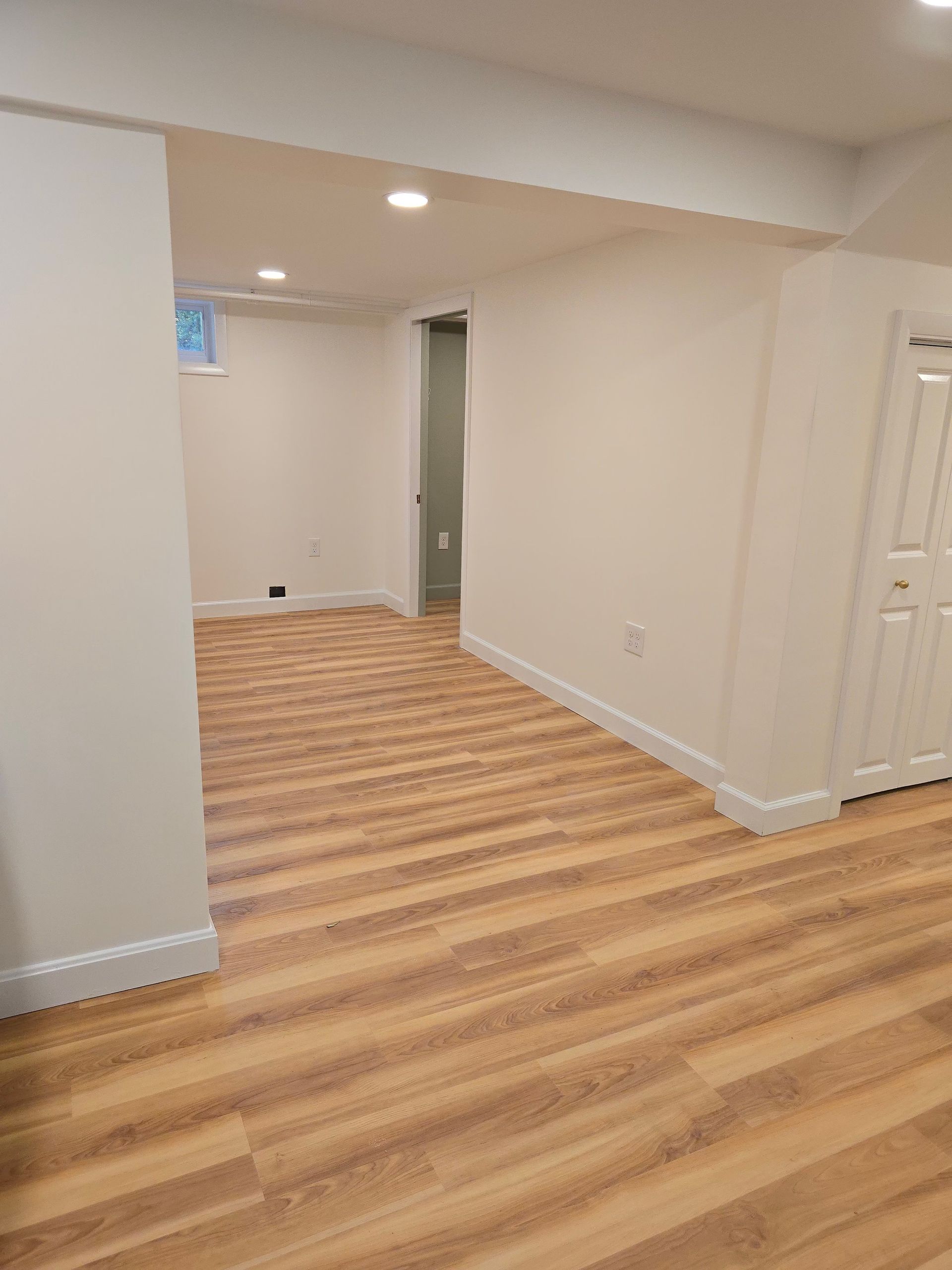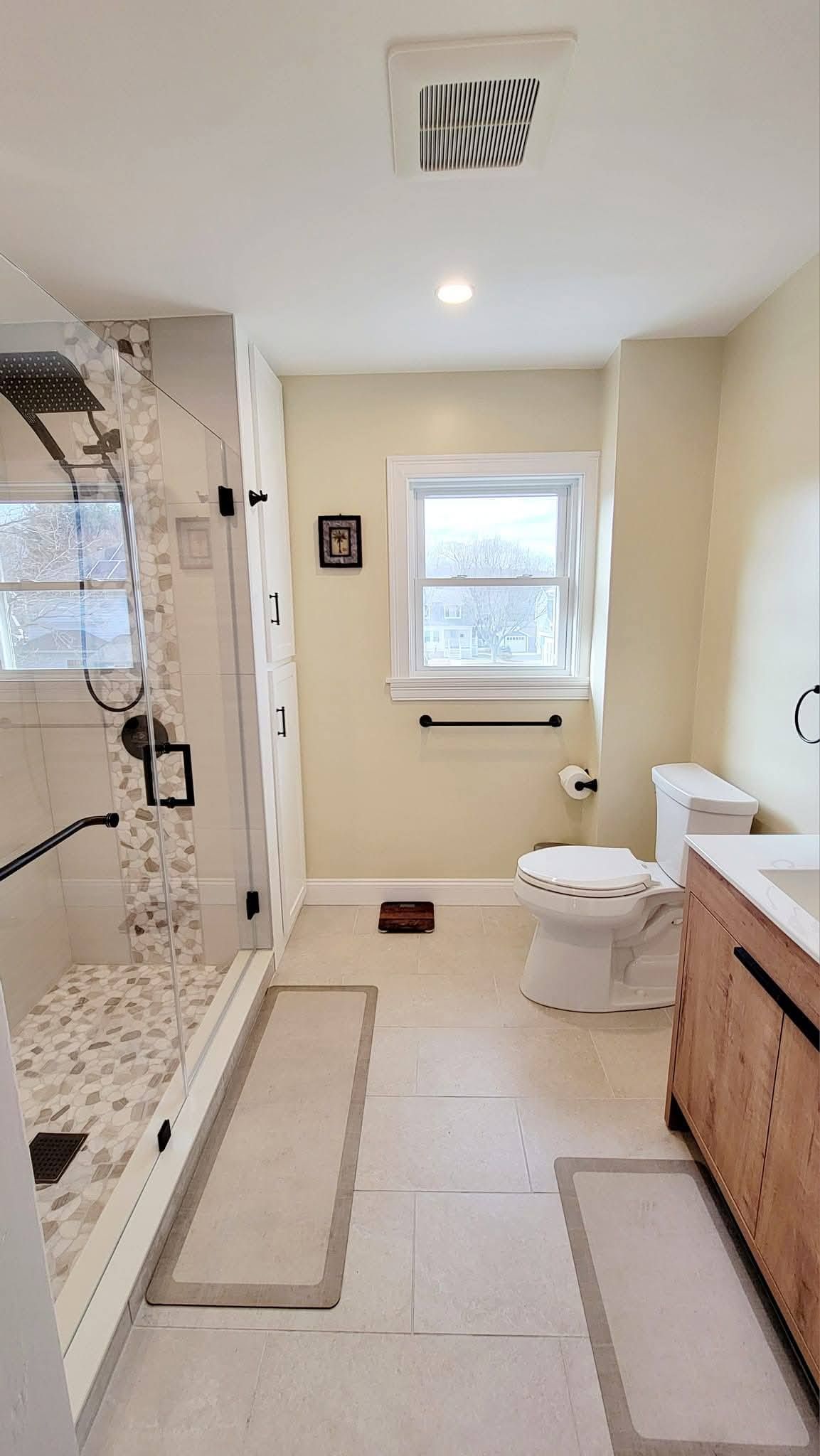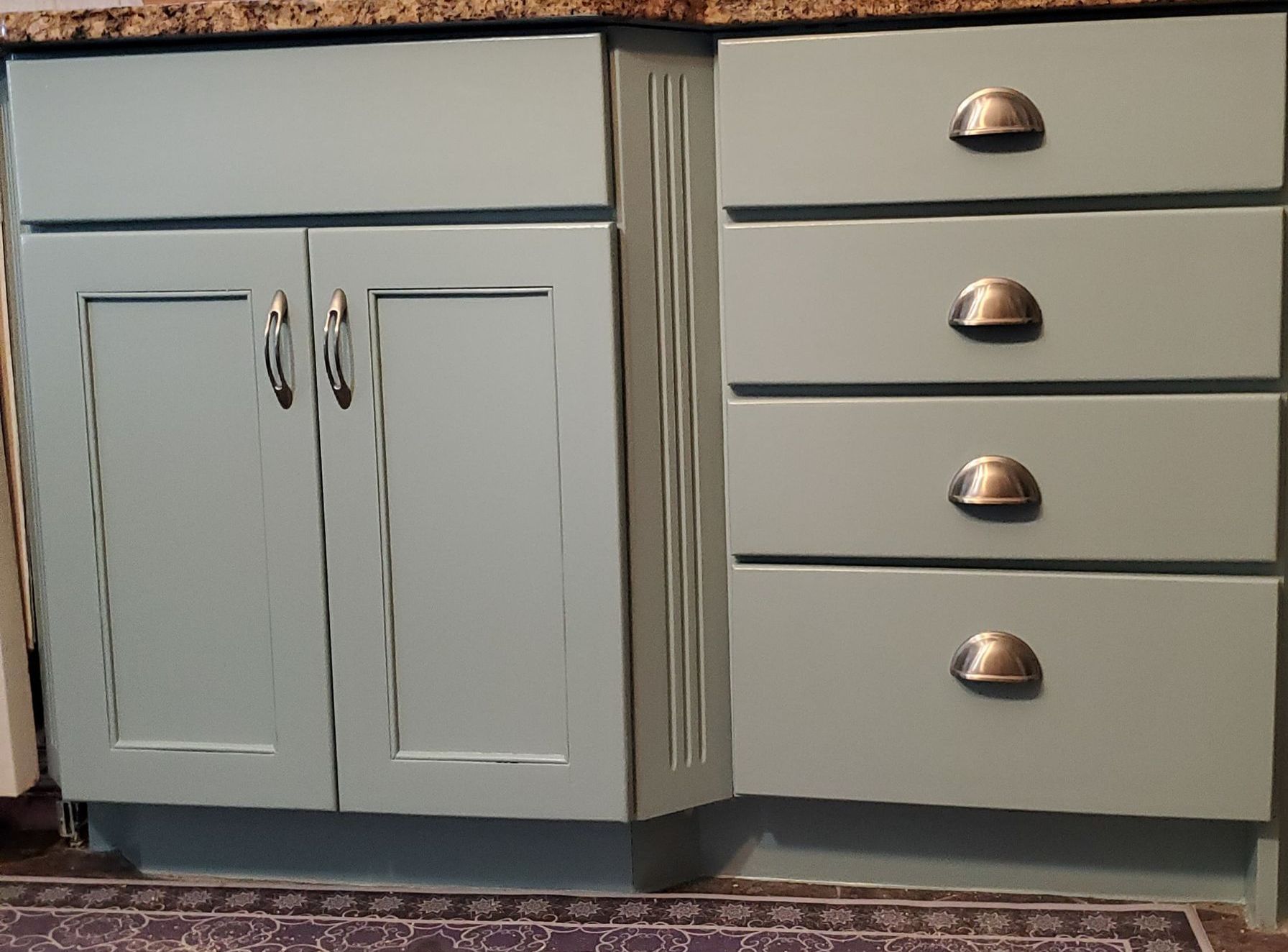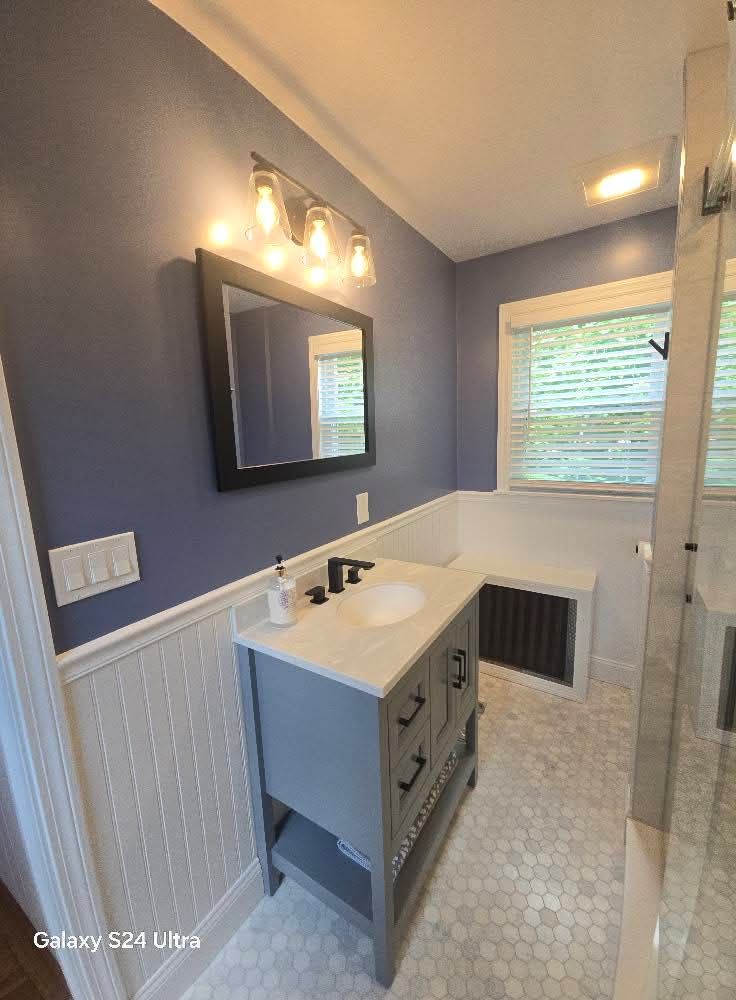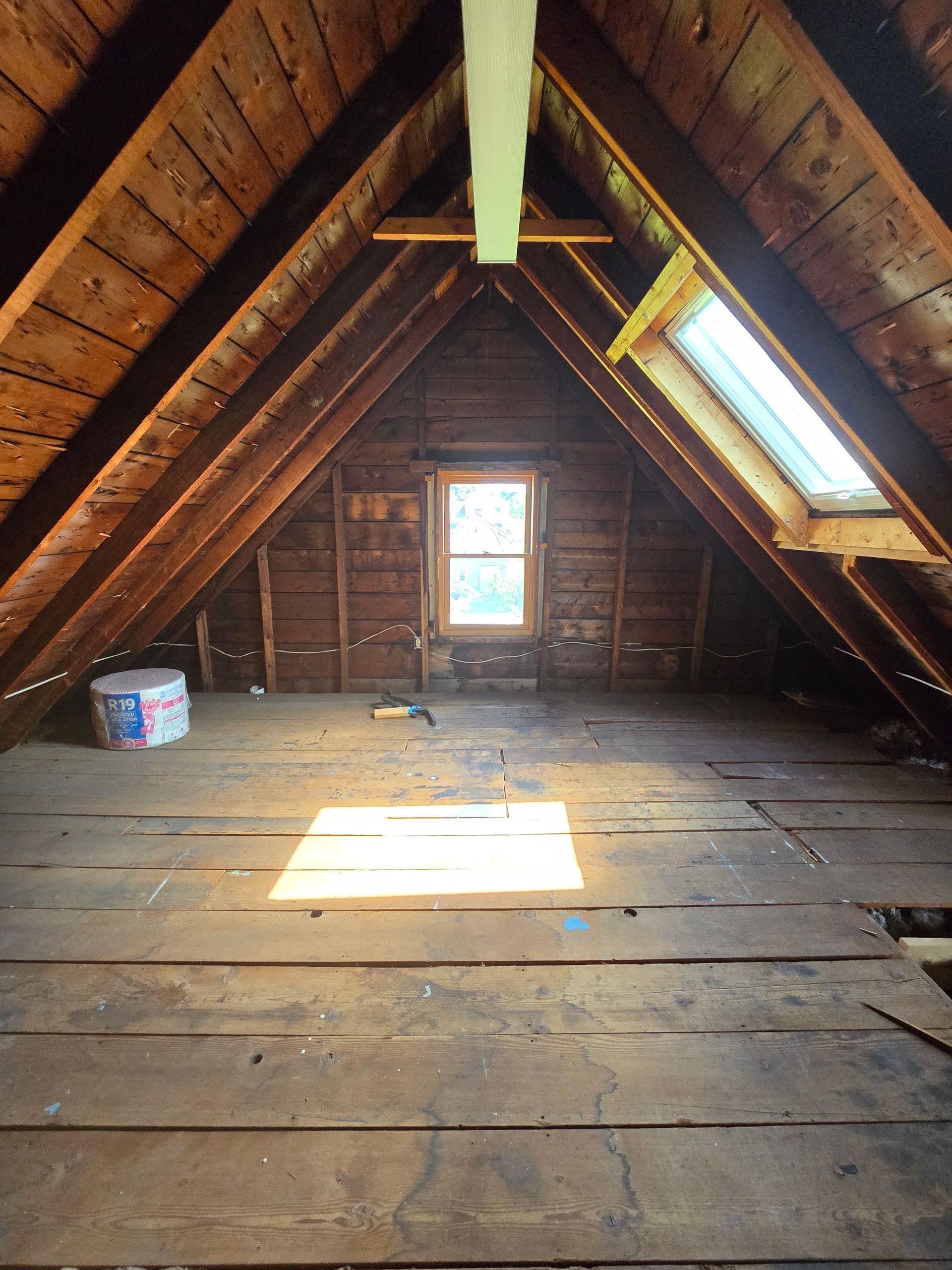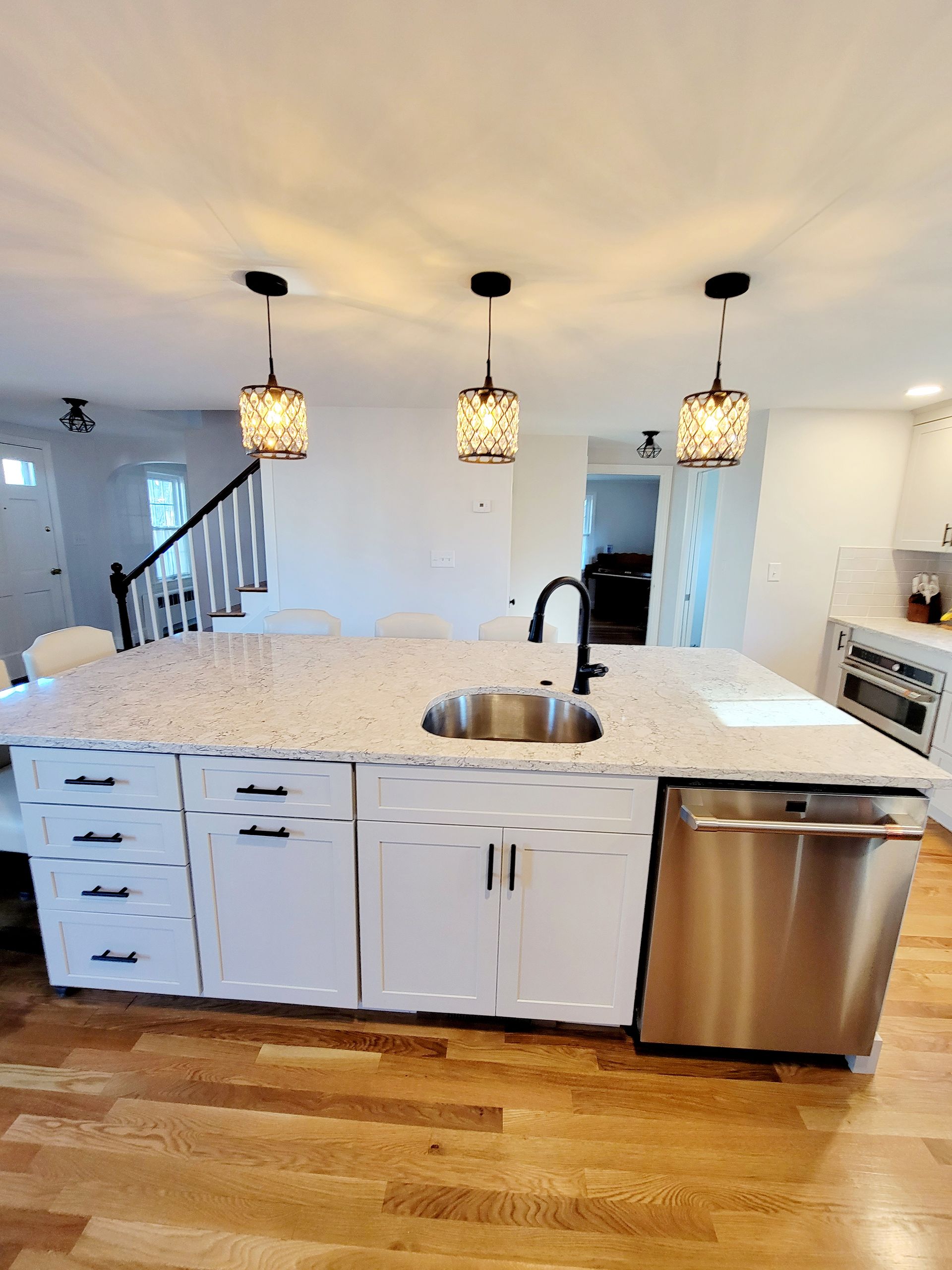Boost the Aesthetics of Your Home with a Painting Contractor: Here's What You Need to Know
Boost the Aesthetics of Your Home with a Painting Contractor: Here's What You Need to Know
Are you looking to transform the look and feel of your home? One of the most effective ways to do so is by hiring a painting contractor. With their expertise and skill, a painting contractor can help boost the aesthetics of your home to new heights. But before you dive into your search, there are a few things you need to know.
Firstly, it's important to choose a painting contractor who is experienced and reputable. This will ensure that you receive high-quality work and avoid any potential issues down the line. Additionally, be sure to discuss your vision for your home with the contractor, including color schemes and design preferences.
Another key consideration is the type of paint and materials the contractor will use. Opting for high-quality paints will not only enhance the appearance of your home, but also ensure longevity and durability.
Lastly, it's essential to establish clear communication throughout the project. Regular updates and open dialogue with the contractor will help ensure that your vision is brought to life.
So, get ready to give your home a fresh new look! With the help of a skilled painting contractor, you can transform your space into a personalized masterpiece.
Benefits of hiring a painting contractor
A painting contractor offers numerous benefits when it comes to enhancing the beauty of your home. Firstly, they bring a wealth of experience and knowledge to the table. With their expertise, they can guide you through the entire process, from choosing the right colors to executing the project with precision. Their eye for detail ensures a professional finish that is hard to replicate on your own.
Secondly, hiring a painting contractor saves you time and effort. Painting an entire house is a labor-intensive task that can take weeks, especially if you're doing it alone. A painting contractor, on the other hand, has a team of professionals who can complete the job efficiently and effectively, allowing you to focus on other aspects of your life.
Additionally, a painting contractor has access to high-quality materials and tools that are essential for achieving a flawless result. They are familiar with the latest trends and techniques, ensuring that your home is painted using the best practices in the industry. Furthermore, they can recommend the right type of paint and finish for each area of your home, taking into consideration factors such as durability, lighting, and functionality.
How to choose the right painting contractor
Choosing the right painting contractor is crucial to the success of your project. Here are a few tips to help you make an informed decision:
- Research and ask for recommendations: Start by researching local painting contractors in your area. Read online reviews, check their portfolios, and ask friends or family for recommendations. This will give you a good sense of their reputation and quality of work.
- Check for licenses and insurance: Ensure that the painting contractor you choose is licensed and insured. This protects you from any liability in case of accidents or damages that may occur during the project.
- Interview multiple contractors: Once you have a shortlist of potential painting contractors, schedule interviews with each of them. Ask about their experience, previous projects, and their process for completing the job. This will help you gauge their professionalism, communication skills, and compatibility with your vision.
- Request a detailed estimate: Ask each contractor for a detailed estimate that includes the cost of materials, labor, and any additional services such as wall preparation or furniture moving. Compare the estimates to determine the best value for your investment.
- Check references: Don't hesitate to ask for references from past clients. Contact them and inquire about their experience working with the painting contractor. Were they satisfied with the results? Did the contractor meet deadlines and stay within the budget? This will give you valuable insights into the contractor's reliability and workmanship.
Questions to ask when hiring a painting contractor
When interviewing potential painting contractors, it's important to ask the right questions to ensure you're making an informed decision. Here are some key questions to consider:
- How long have you been in the painting business? Experience is crucial when it comes to achieving a high-quality finish. Look for a contractor with several years of experience in the industry.
- Can you provide references from past clients? Request references to get an idea of the contractor's track record and customer satisfaction.
- What type of paint and materials do you use? Ensure that the contractor uses high-quality paints and materials that are suitable for your specific project.
- Do you have insurance? It's important to hire a painting contractor who has liability insurance to protect you from any damages or accidents that may occur during the project.
- How do you handle prep work? Proper preparation is essential for a long-lasting and flawless paint job. Ask the contractor about their process for preparing surfaces, including cleaning, sanding, and priming.
- What is the estimated timeline for the project? Get a clear understanding of how long the project will take from start to finish. This will help you plan accordingly and set realistic expectations.
- Do you offer any warranties or guarantees? Inquire about any warranties or guarantees the contractor provides for their workmanship and materials used. This will give you peace of mind knowing that they stand behind their work.
Steps involved in a professional painting project
A professional painting project typically involves several steps to ensure a smooth and successful outcome. Here is an overview of the process:
- Color consultation: Begin by discussing your vision and preferences with the painting contractor. They can provide expert advice on color choices and help you create a cohesive color scheme that complements your home's architecture and interior design.
- Surface preparation: Before any painting can begin, surfaces need to be properly prepared. This includes cleaning, repairing any damages, and applying primer if necessary. The contractor will ensure that surfaces are smooth and free of imperfections before applying paint.
- Paint application: Once the surfaces are prepared, the painting contractor will begin applying the paint. They will use professional techniques to achieve a smooth and even finish, ensuring that each coat is applied with precision.
- Clean-up and inspection: After the paint has dried, the contractor will conduct a thorough clean-up, removing any debris or materials used during the project. They will also inspect the work to ensure that it meets their high standards and address any touch-ups if necessary.
- Final walkthrough: The painting contractor will walk you through the completed project, ensuring that you are satisfied with the results. They will address any concerns or questions you may have and provide guidance on how to maintain the newly painted surfaces.
Tips for preparing your home before the painting project
Preparing your home before the painting project begins is essential for a smooth and efficient process. Here are some tips to help you get started:
- Clear the space: Remove furniture, decorations, and any other items from the areas that will be painted. This will allow the painting contractor to have easy access to the surfaces and minimize the risk of damage to your belongings.
- Protect surfaces: Cover floors, furniture, and fixtures with drop cloths or plastic sheets to prevent paint splatters or drips. Use painter's tape to protect trim, windows, and other areas that won't be painted.
- Communicate with the contractor: Discuss any specific requirements or concerns you may have with the painting contractor. For example, if you have pets or allergies, let them know so they can take necessary precautions.
- Address any repairs: Take the opportunity to address any repairs or maintenance tasks that need to be done before the painting project begins. This includes fixing cracks, holes, or damaged surfaces.
- Consider timing: Plan the painting project around your schedule and the weather conditions. Avoid rainy or humid days, as this can affect the drying time of the paint.
By following these tips, you can ensure that your home is well-prepared for the painting project, allowing the contractor to work efficiently and achieve the best results.
Different types of paint finishes and their uses
Choosing the right paint finish is just as important as selecting the color. Different finishes have distinct properties and are suitable for different areas of your home. Here are some common paint finishes and their uses:
- Flat or matte finish: This finish has a non-reflective appearance and is ideal for ceilings or walls with imperfections. It provides a smooth and velvety texture but is not as durable or washable as other finishes.
- Eggshell finish: With a slight sheen, an eggshell finish offers a soft and elegant look. It is more durable than a flat finish and is suitable for living rooms, bedrooms, and dining areas.
- Satin finish: This finish has a subtle gloss and is known for its durability and ease of cleaning. It is great for high-traffic areas such as hallways, kitchens, and bathrooms.
- Semi-gloss finish: With a noticeable shine, a semi-gloss finish is highly durable and easy to clean. It is commonly used for trim, doors, and cabinets, as well as in areas prone to moisture such as bathrooms and kitchens.
- Gloss finish: The highest sheen available, a gloss finish provides a reflective and dramatic look. It is often used for accent walls, furniture, and decorative elements.
When choosing a paint finish, consider factors such as the room's function, lighting conditions, and personal preference. A painting contractor can provide further guidance on selecting the most suitable finish for each area of your home.
Common mistakes to avoid when hiring a painting contractor
While hiring a painting contractor can greatly enhance the aesthetics of your home, there are some common mistakes to avoid. By being aware of these pitfalls, you can make a more informed decision and ensure a successful project. Here are a few mistakes to steer clear of:
- Choosing solely based on price: While cost is an important factor, it should not be the sole determining factor. Choosing the cheapest option may result in subpar quality or hidden costs down the line. Consider the contractor's reputation, experience, and portfolio in addition to pricing.
- Not checking for licenses and insurance: Always verify that the painting contractor is licensed and insured. This protects you from any liability in case of accidents or damages during the project.
- Skipping references and reviews: Don't overlook the importance of checking references and reading online reviews. This provides valuable insights into the contractor's workmanship, reliability, and customer satisfaction.
- Not getting a written contract: A written contract protects both parties and ensures that all expectations and responsibilities are clearly defined. It should include details such as project scope, materials used, timeline, and payment terms.
- Neglecting open communication: Clear communication is key to a successful painting project. Ensure that the contractor understands your vision and preferences, and establish a system for regular updates and open dialogue throughout the process.
By avoiding these mistakes, you can ensure a positive experience and achieve the desired results with your painting contractor.
The importance of proper maintenance after a painting project
Once your home has been transformed with a fresh coat of paint, it's important to maintain its beauty and longevity. Here are some tips for proper maintenance:
- Regular cleaning: Dust and dirt can accumulate on painted surfaces over time. Regularly dust and clean walls and trim using a soft cloth or mild soap and water to remove any buildup.
- Addressing stains and marks: Accidents happen, and stains or marks may appear on painted surfaces. Promptly address any spills or stains with a gentle cleaning solution to prevent them from setting in.
- Avoid abrasive cleaners: Harsh cleaners or scrub brushes can damage the paint finish. Use mild cleaning solutions and gentle cleaning techniques to preserve the integrity of the paint.
- Inspect for damages: Periodically inspect painted surfaces for any signs of damage, such as cracks, peeling, or chipping. Address these issues promptly to prevent further deterioration.
- Touch-ups: Keep some extra paint on hand for touch-ups. This allows you to quickly address any minor imperfections or damages that may occur over time.
By properly maintaining your painted surfaces, you can extend their lifespan and keep your home looking fresh and vibrant for years to come.
Final thoughts
Ready to elevate your home's aesthetics? A consultation with New England Painting & Contracting is the first step towards transforming your space into a personalized masterpiece. Our expertise, skill, and meticulous attention to detail ensure your vision comes to life. We are more than just a reputable and experienced contractor; we are your partners in realizing your dream home. Start the conversation about your preferences, establish clear communication, and trust us to deliver beyond your expectations. With proper maintenance, you can relish in the beauty and longevity of your freshly painted surfaces for years to come. So why wait? Contact New England Painting & Contracting today for a free estimate and embark on an exciting journey of home improvement. Your dream home is just a call away!
